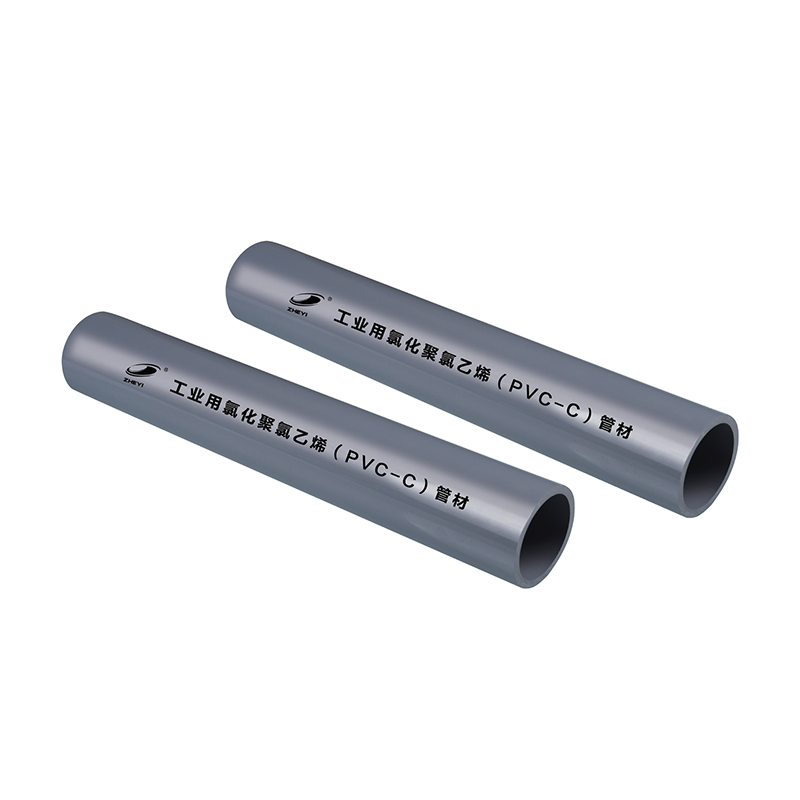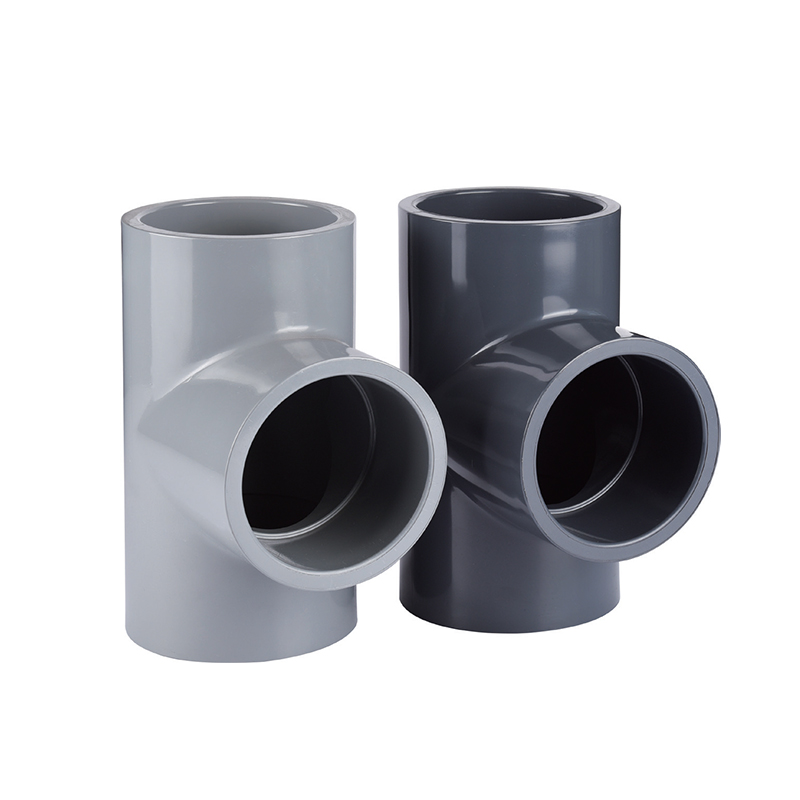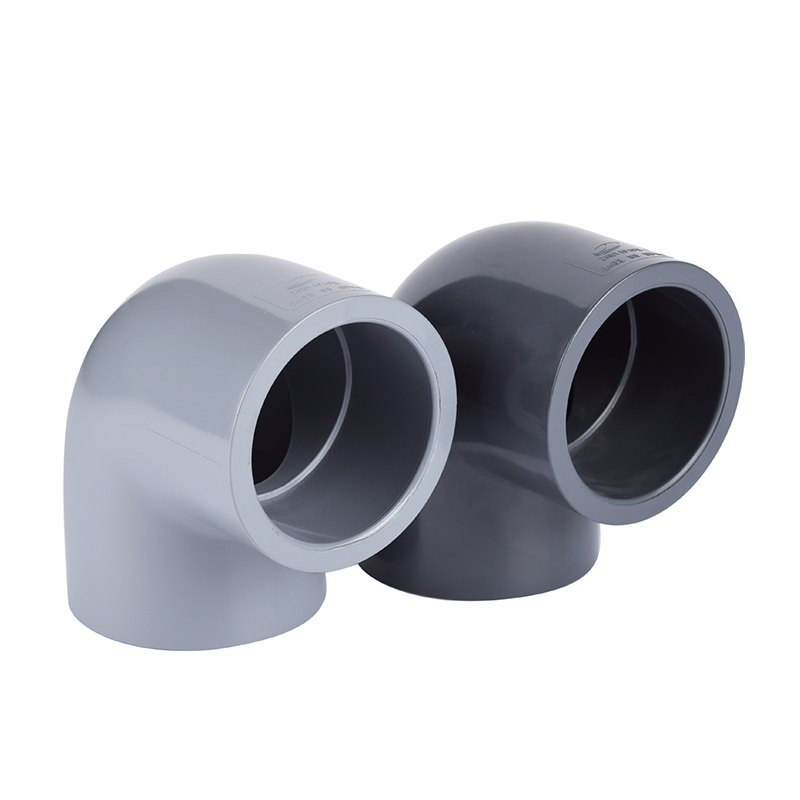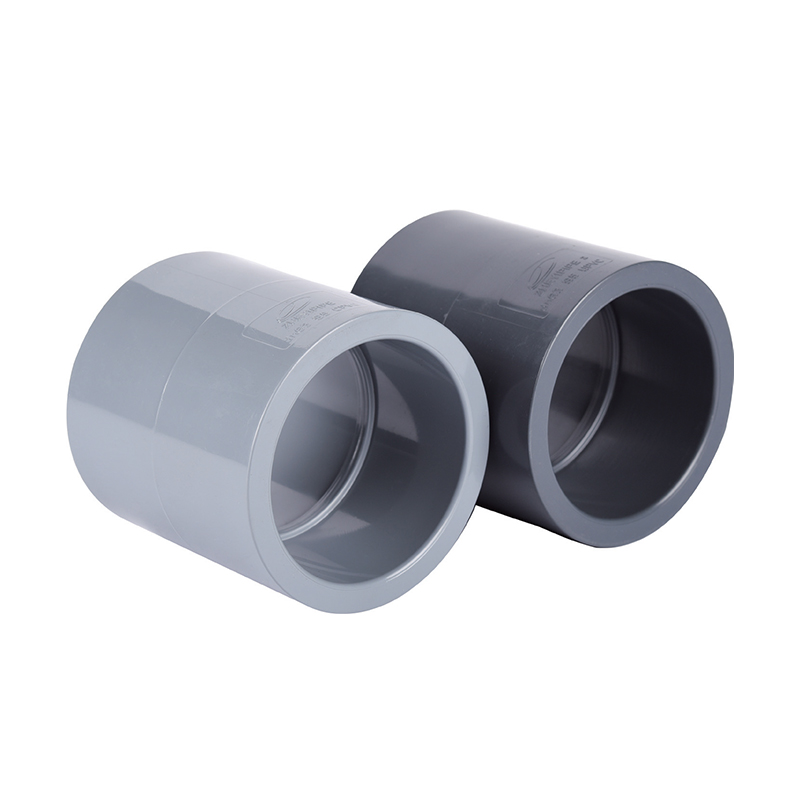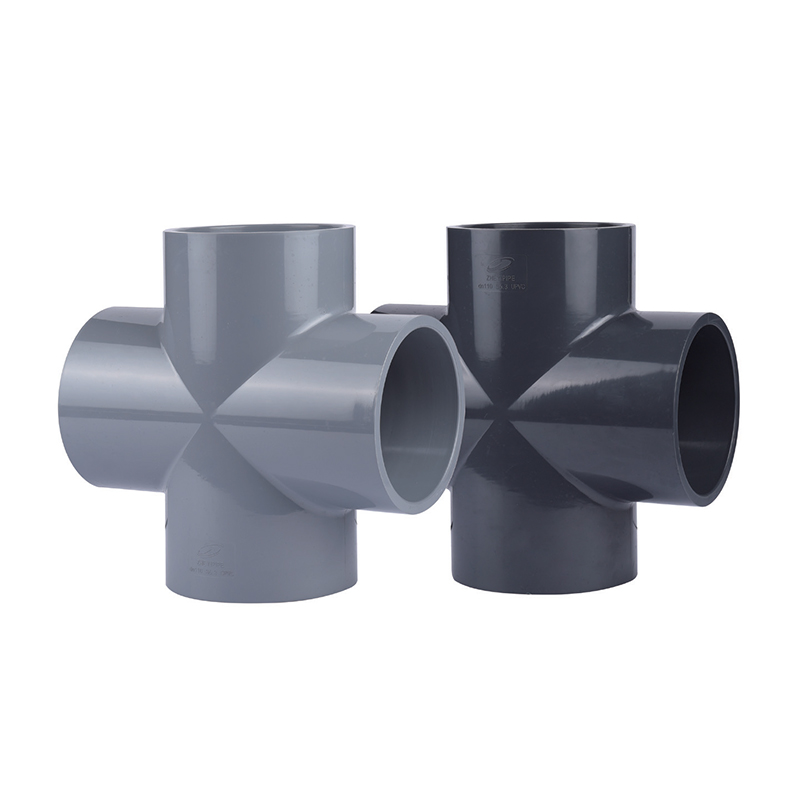UPVC (Unplasticized Polyvinyl Chloride) pipelines have revolutionized water supply, drainage, and industrial fluid transport systems. Known for their durability, chemical resistance, and cost-effectiveness, uPVC pipes are increasingly replacing traditional metal and concrete pipes.
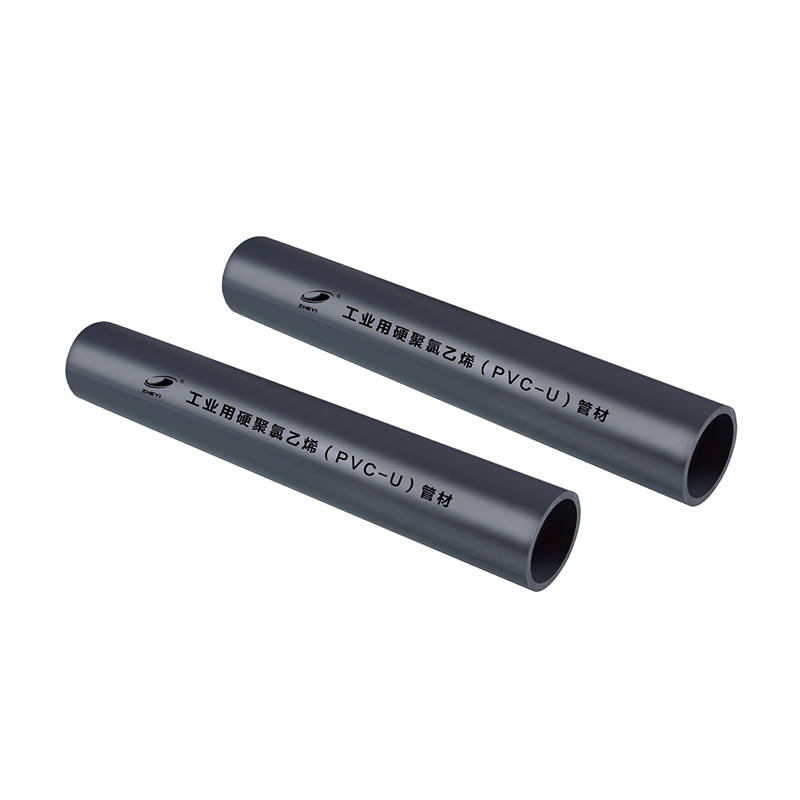
What Is uPVC Pipe?
uPVC pipe is a rigid form of PVC that does not contain plasticizers, making it stronger and more resistant to chemicals and UV radiation. Unlike regular PVC, uPVC is primarily used for plumbing, irrigation, and industrial applications due to its high mechanical strength and long lifespan.
Key Advantages of UPVC Pipeline
Corrosion Resistance – Unlike metal pipes, uPVC pipes do not rust or corrode, ensuring clean water delivery.
Lightweight & Easy Installation – Weighing significantly less than metal or concrete pipes, they reduce labor and transportation costs.
Chemical Resistance – Ideal for industrial applications where acidic or alkaline fluids are transported.
Long Lifespan – UPVC pipelines can last over 50 years with minimal maintenance.
Smooth Interior Surface – Reduces friction loss, improving water flow efficiency compared to rough-surfaced pipes.
uPVC Pipe vs. Other Pipe Materials: A Data Comparison
| Property |
uPVC Pipe |
GI Pipe (Galvanized Iron) |
HDPE Pipe |
Concrete Pipe |
| Lifespan (Years) |
50+ |
20-25 |
25-50 |
30-50 |
| Corrosion Resistance |
Excellent |
Poor (rusts over time) |
Excellent |
Good (but cracks) |
| Weight (kg/m, 100mm dia) |
1.5-2.0 |
10-12 |
1.0-1.5 |
40-50 |
| Cost (Per Meter, approx.) |
$2-$5 |
$5-$10 |
$3-$7 |
$10-$20 |
| Installation Ease |
Very Easy |
Moderate (welding needed) |
Easy |
Difficult (heavy) |
Applications of UPVC Pipeline
Drinking Water Supply – Safe and non-toxic for potable water.
Sewage & Drainage Systems – Resistant to biological growth and chemical degradation.
Industrial Use – Handles aggressive chemicals in manufacturing plants.
Agriculture & Irrigation – Lightweight and UV-stabilized for outdoor use.


 +86-15258772971
+86-15258772971
 dinys009@163.com
dinys009@163.com

 English
English 한국어
한국어 Español
Español عربى
عربى


